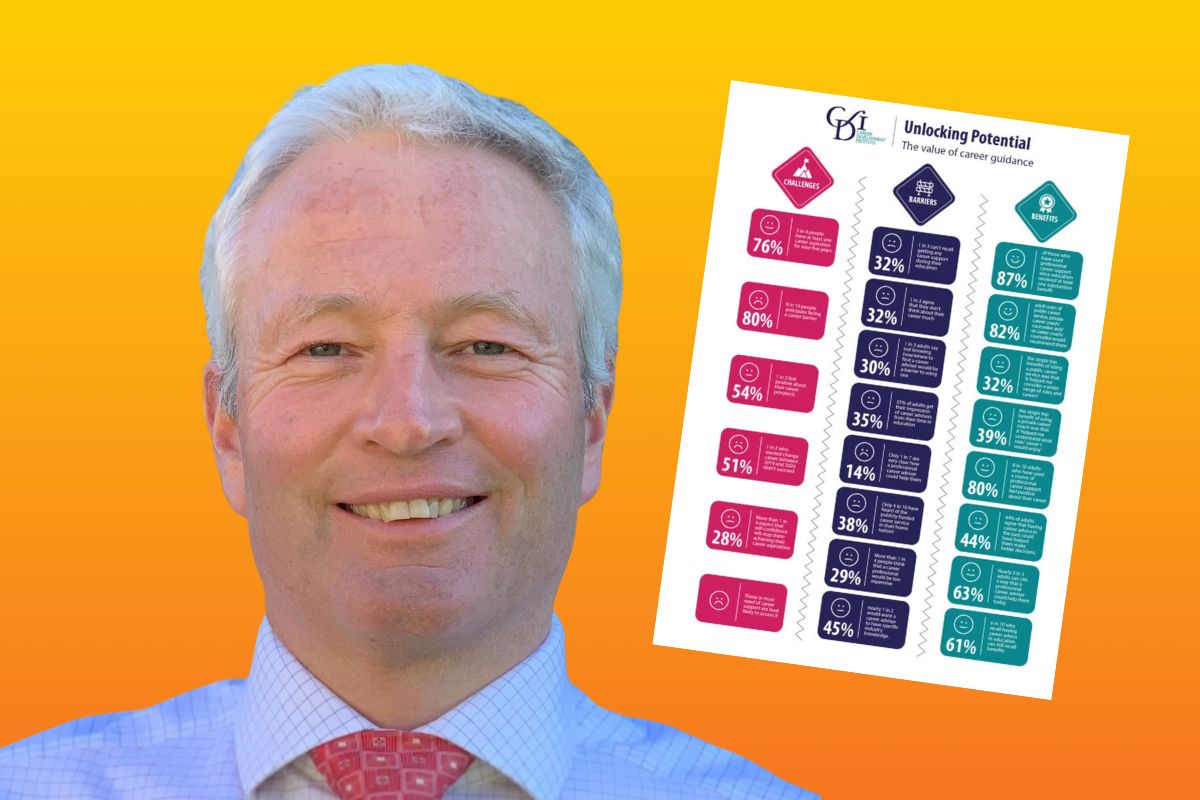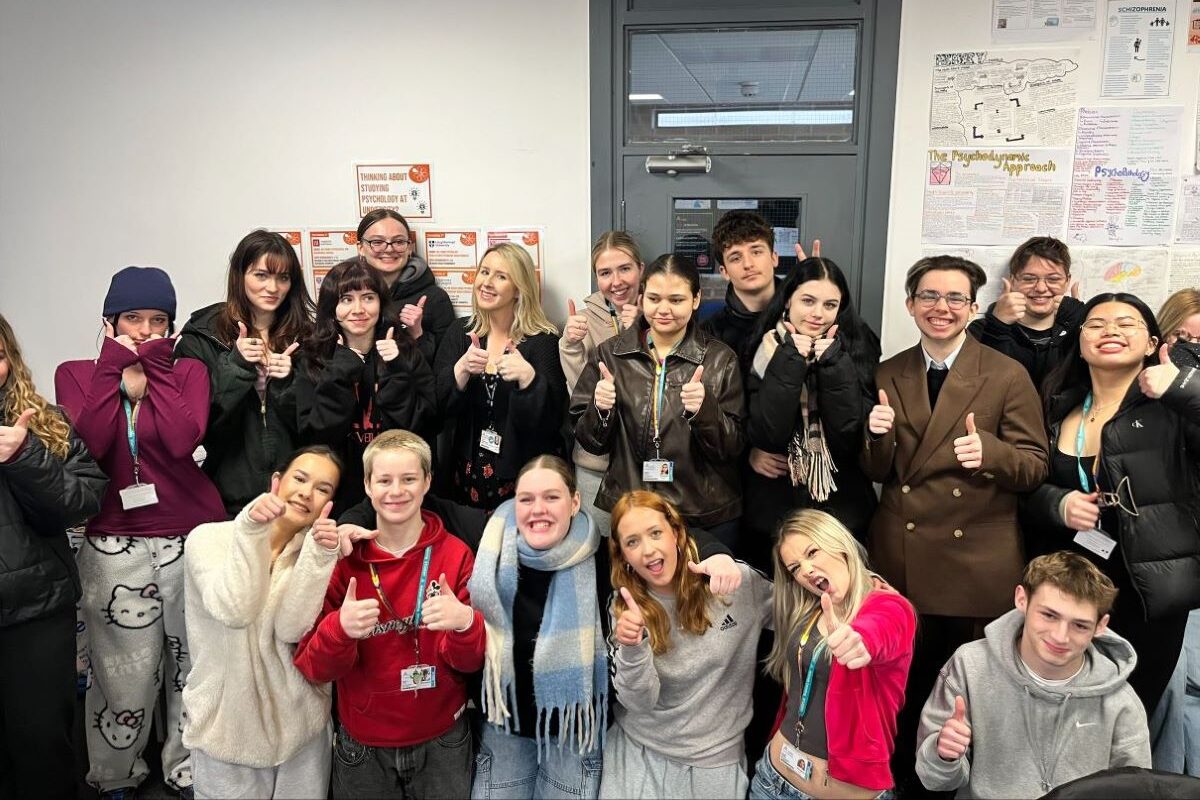Open Book: Getting ex-offenders into higher education

Rinku Chatterjee takes a look at the Open Book project and speaks to its founder, Joe Baden, about getting ex-offenders into higher education.
The Open Book Project of London’s Goldsmith College has helped many young offenders turn their lives around whose dreams otherwise would have been snuffed out by a heartlessly judgemental society.
Joe Baden, the pioneer of Open Book and himself an ex-offender, aims to improve the equality and access to higher education for hard to reach and hugely misunderstood groups- ex-offenders, people with a history of mental health issues, recovering addicts and single parents- who perhaps for institutional, structural and cultural reasons would otherwise shy away from higher education.
At the heart of the project lies its ethos- every person, no matter what background they come from, is born with the right of cultivating their educational potential to unlock their hidden talent and enhance their future. Through its work with offenders in the community, the project makes a positive impact on reducing re-offending. Mr. Baden says that very few of the ex-offenders who have been associated with this educational project have re-offended.
Goldsmiths Open Book (2007) has 120 people listed who have taken part on the project, which has recruited and supported 30 people on to degree courses at its base university. Four Goldsmiths Open Book students have progressed from undergraduate study and are currently engaged in postgraduate study.
A further 17 students, mostly from the marginalized section of the society, have gone on to study at undergraduate level at other institutions. The students are studying for a range of degrees at the base university including: Anthropology, History, Languages, Media, Politics, Psychology, Social and Cultural Studies, Sociology, Theatre Studies, and Community and Youth Work. Subjects studied at other institutions include Fine Art and Criminology.
One of the most successful elements of the Goldsmiths Open Book Provision has been its Creative Writing Class which started in 2006 and which, despite being unaccredited, has led directly to three students without prior qualification being accepted onto Creative Writing Degree programmes.
According to Baden, the man behind the project, students have a better chance of gaining employment because of the demonstrable effort they have put into educating themselves to get their foot in the door. Moreover, their time in education also puts a barrier between their current situation and their previous offences or situation.
What makes Baden so special as a mentor is the fact that his students can associate their immediate problems with his troubled past. With little education under his belt and after several painful stints in jail and mental hospital for substance misuse, Baden cleaned himself up and embarked on the university access course that changed his life for better. He makes it clear, “I’d encourage young working class people to rebel by doing what’s not expected of them, but to become involved in education. Doing crime and being a stereotype plays into the hands of those who want to keep us where we are. With an education comes a voice and that’s really dangerous.”
His passion is indefatigable and his spirit never falters. From the crack of dawn till the ungodly hours of night, Baden slogs for Open Book, his brainchild. The manic trill of his phone never stops. Still the humour in his voice never fades away. He says, “A typical day could be talking to someone on the phone who’s struggling with their addiction, then talking about the life changing power of education to a group of prisoners in Wandsworth and then giving a seminar to widening participation workers and admission tutors at Cambridge University.
“Yesterday, for example, I met a student about to start a business course at the University of Greenwich at Medway, then spoke to a group of students at the LSE and then spoke at a UCU rally in the evening.”
Open Book has succeeded by daring to challenge academic evaluations of the student group. It is continuously growing and forging links with new organisations that work within the prison, including ACAPS (addiction) and Inside Knowledge (offending), Training for Life (social exclusion). Through Open Book workshops, its staffs, mostly from backgrounds of offending and addiction, address issues of social exclusion in an attempt to enhance the course structure and to make it more student friendly and practically viable.
Baden proudly comments, “My role models are the people I see at the project. My historical hero, I suppose, would be James Keir Hardie.”
Rinku Chatterjee











Responses